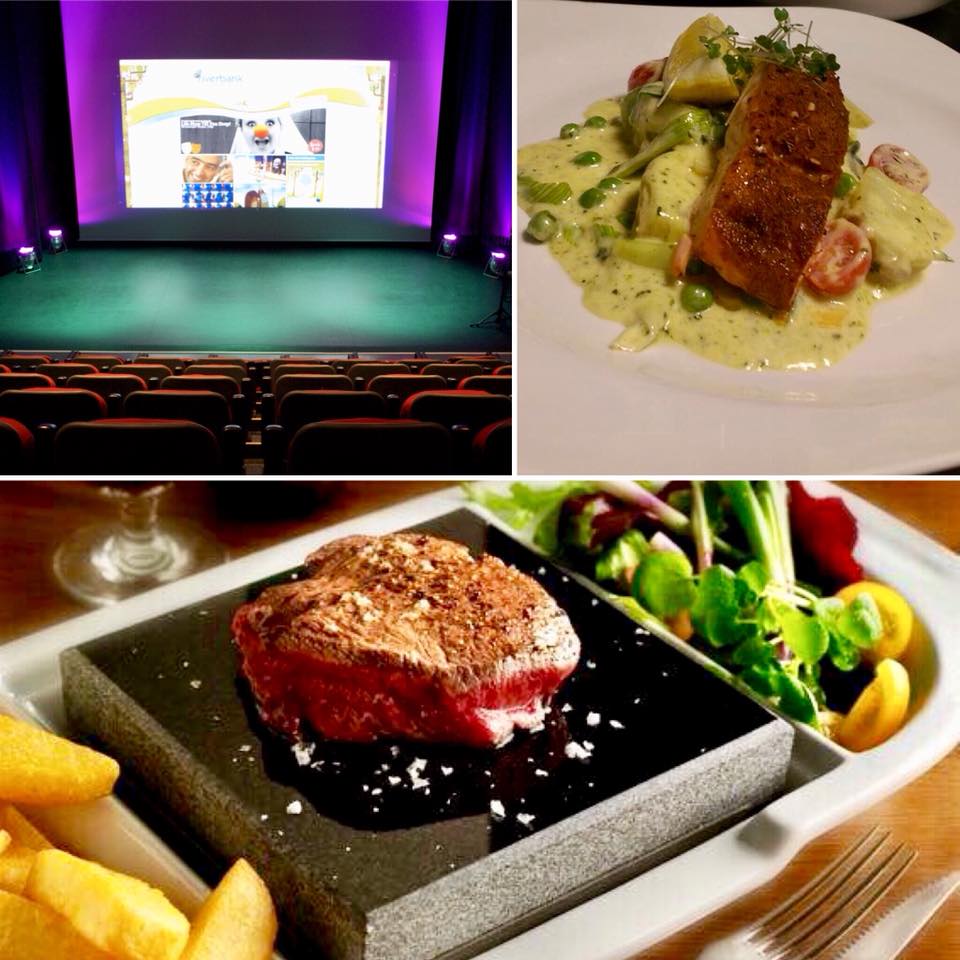
1. With just under a month to go for this year’s Dingle Marathon what should my daily diet consist of?
The diet is an area that a lot of runners find very tricky to get right. When training for a long distance event, you should be trying to eat enough food to ensure that your body is fully fuelled for your training sessions; but not overeating to the point that you gain unwanted weight.
As a general guideline, three good quality meals per day consisting of:
A good source of protein (lean meats)
A slow-digesting carbohydrate (oats, sweet potato, rice, etc)
A healthy portion of veg – preferably one green veg and one other (mixed peppers, etc.)
A healthy fat source – avocados, nuts, nut butters, olives, olive oil, coconut oil, real butter are all good fat sources and you should try to vary them.
To ensure that you have adequate energy on your training days to get the most from your training, you should increase your carbohydrate and protein intake on these days – the best way to do this is through pre & post training meals as detailed below.
2. How long before running should I eat & what should I eat?
About two hours before your training session have a source of carbs – a banana, portion of oats, etc. This will ensure you have optimal muscle glycogen (the main source of energy used in long-distance exercise) available to your muscles for the run.
3. Personally I’m suffering a lot with stitches and have been asked this question a lot. Why am I getting a stitch and when it happens what can I do to get rid of it while running?
Stitches can be brought on by a few different factors. Eating too soon before your training can definitely contribute to getting a stitch so make sure to wait at least two hours after eating before training. As well as this don’t eat any heavy foods difficult to digest before training. Drinking too much water before / during training can also cause stitches. Try to make sure you’re hydrated before you begin training but stop drinking water at least 15 minutes before you start to make sure you don’t have excess water in your system.
4. I’m running the half marathon in just under 4 weeks. At the moment I’m managing around 5km’s, what should I be running at the moment & what should those doing the full marathon be running?
Without sounding too harsh, four weeks is not the ideal amount of time to be training for a half marathon Luan . At this point in your training you should really be comfortable running at least around the 10 – 12km mark. That’s not to say you won’t be able to complete the run however you’ve set yourself a tough task. With four weeks left to the run, you don’t have a huge amount of time for training as you should be “tapering” your training leading up to the event – ie. Reducing your training distance and letting your body fully recover in time for the race. The final week before the race should include little to no hard training to allow your body to fully recover and be completely fresh. One or two light sessions in the final week can be beneficial to keep the heart and lungs active and the muscles loose. People running the full marathon should be running around 50km per week at this point divided between longer and shorter runs. Short, intense speed sessions are mixed with longer runs of up to 30k. Most of these runners will be greatly reducing their weekly distance from this point in – again “tapering” their training to ensure their body is completely fresh for the race and able to benefit from all the hard training they’ve done.
5. What should I eat after my run for muscle repair etc?
Post-training try to have some fast-acting carbohydrates as soon as possible; this is where you can have more sugary foods such as an energy bar, post workout recovery drink etc. As well as this a quickly absorbed protein source such as whey protein is ideal to help your muscles recover as fast as possible.
6. How many times a week should I be running now?
I’d recommend you get between 6-8 good sessions done in the next two weeks, and then reduce to 2 – 3 sessions the following week and two light sessions the week before the run with plenty of rest.
7. Is recovery time important?
Recovery time is hugely important as your body needs rest to repair itself and grow stronger and fitter from the training sessions. This; coupled with adequate nutrition are vital if you want to get the full benefit from your training.
8. How much water should I be drinking?
You should be drinking plenty of water, especially on training days, however one thing to avoid is drinking so much water that you flush the electrolytes (salts and minerals) out of your system. A good way to avoid this is to buy an electrolyte mix to put into your water – even a small serving to make sure you keep your levels up.
9. Is there anything I should be doing while running to avoid injury?
Foam rolling is an excellent way to avoid injury when doing a lot of running. Foam rolling is a form of “self-myofascial release” which basically means self-massage. For optimal results, about twenty minutes a day is recommended mainly on the calves, quads, hamstrings and IT Band areas. Foam rollers are readily available in most sports shops now and there are plenty of instructional videos on youtube.
10. What are the best warm up exercises to do? Should I also be cooling down after my run?
Good warm up exercises would be some squats, lunges and other movements which stretch out your joints and get your muscles fully active.
11. Are there any other exercises I should be doing?
At this point there aren’t really any other exercises to worry about, some runners will do HIIT training and gym-based strength training in their off-season to build up weak areas, strengthen their core and help keep weight down.
12. In the week prior to the marathon what should I be eating?
Similar to above, the main thing to focus on is getting adequate rest.
13. In the days prior to the marathon what should I be eating?
Same again.
14. The night before and morning of the marathon what should I be eating?
The night before the marathon many people tend to binge eat carbohydrates such as huge bowls of pasta in an attempt to “carb-load”. This isn’t entirely necessary though as your body can only store so much muscle glycogen which should be at almost maximum levels anyway due to your week off training. Excess eating will just make you feel bloated and sluggish. Make sure to eat a good sized portion of carbs along with a lean meat or fish, a small bit of healthy fats and green veg.
15. Do you have any tips for keeping focused on the day?
Different people will respond to different approaches in this regard, I would probably recommend staying as relaxed as possible and maybe listening to some of your favourite music. Getting “pumped up” won’t do you any good as it’s just expending excess energy you will probably need during the race.
16. When my legs get really heavy is there anything that I can do?
Just keep going.
17. Should I be aiming for speed or pace?
You should definitely be aiming for pace on a long distance event. Sprinting off at the start of the race will expend a huge amount of energy and you’ll eventually have to slow right back down, throwing off your rhythm and making the race very difficult to finish. Try to get a pace going that you’re comfortable with and get into a rhythm matched with your breathing.
18. Should I be running up hills or on the flat? Or a bit of both?
Some runners find hill runs / hill sprints beneficial to their training however at this point you shouldn’t worry about it.
19. Sometimes I struggle with my breathing, is there anything I can do to help that?
Different things can upset your breathing such as the temperature, allergies, the tempo of your run. As above, try to get into a comfortable rhythm matched with your breathing that you can maintain for a long time rather than trying to go too fast from the beginning and then struggling down the line.
20. Is there anything else I should be doing?
Not particularly, if you follow the basics and stick to the things listed above you won’t need to do anything else.
Best of luck!











You must be logged in to post a comment.